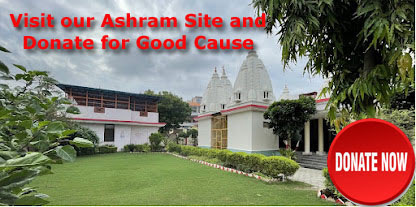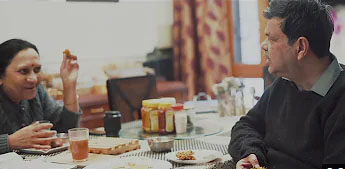Continuation…
Dr. Shanker Adawal
| Directions | Benefits |
| North | Happiness and Calm |
| East | Abundance of wealth |
| South | Shortage of female members or tragedies |
| West | Stomach and sexual troubles to occur among male members |
| North West | Unhealthy rivalry that can cause trouble |
| South West | Brings conflict with the son |
| South East | Death will be dreaded |
| Center of the House | Suffer from heavy monetary losses |
Vastu shastra is based on various natural energies, which are available free of cost in atmosphere like:
1. Solar Energy from Sun.
2. Lunar Energy from Moon
3. Earth Energy
4. Sky Energy
5. Electric Energy
6. Magnetic Energy
7. Thermal Energy
8. Wind Energy
9. Light Energy
10. Cosmic Energy
Vastu Shastra is the ancient presentation to the human society covering not only Homes to live-in but Temples, Palaces, Courts, Gardens, Agricultural fields, Canals and all types of constructions and relevant factors. The exponents of this Knowledge have propagated many branches of specializations. Viswakarma, Narada, Varaha Mihira, Bhojaraja, Vashishta, Garga, and so on have contributed vividly to this knowledge for human well-being. Jyotishachintamani, Vastu Shastram, Piyusdhara, Sara-Samgraha, Vastu- Chintamani, Muhurta-Chintamani,and many others are the Shastras forming the Vastu Shastra.
In the ninth segment third sukta of Atherveda there is mention of building big halls and palaces. After reading this sukta it is clear that there was same advanced technology for construction of buildings. This sukta clearly mentions the minute details of construction.
Vaastu Purush
laxzkesU/d:nz;ks’p ifrr% Losnks egs’kkr f{rkS]
rLekrq HkwreHkwJ Hkhfrtuua ?kkokizfFkO;kseZgrqA
ra nsoS lglk foxzgk fugra Hkweko/kksoD=da
nsokuka opukJp okLrqiq:”kLrsuSo iwT;ks cq/kS% AA1AA
Vasturajvallabh-Mandansutradhar
In Vedic Architecture, Vaastu Purush is present in each and every plot whether it is big or small. He has a fixed and peculiar body. His head remains hanging down and his body is spread all over the length and breadth of the ground. The platform on which the building stands that is considered seat of the Vastu Pursha. The second floor of the building is considered chest of the vastu Pursha. The end part of the floor is considered as part of the shoulders. The lower part of the tomb of the building is considered as neck of the pursha and tomb finally as head.
We can divide the Vastu Pursha as per the five elements in the universe as under:-
1. Mind (tomb) is considered as sky.
2. Shoulders (Sun Rays) are considered as fire.
3. Navel (Bed room etc.) is said to place of air.
4. Knee (Plinth of the building) is considered as earth element.
5. Leg (taps/WC/water tank etc.) is considered the place of the water element.
There is an interesting story in the MATSYA PURAN in which the birth of Vaastu Purusha is narrated. By reading that story one knows why the worship of the Vaastu Purusha is necessary before beginning construction of any building.


















































No comments:
Post a Comment